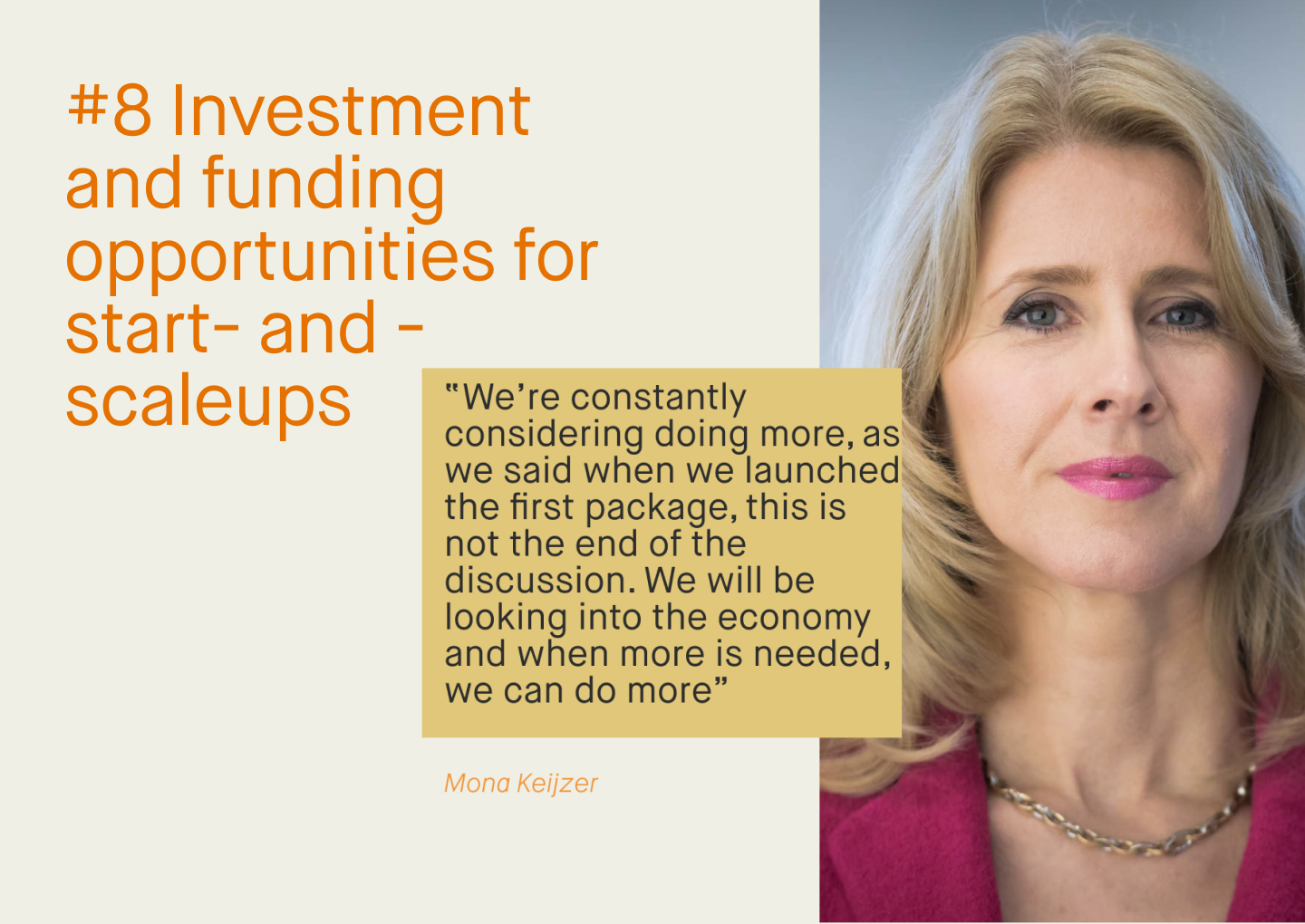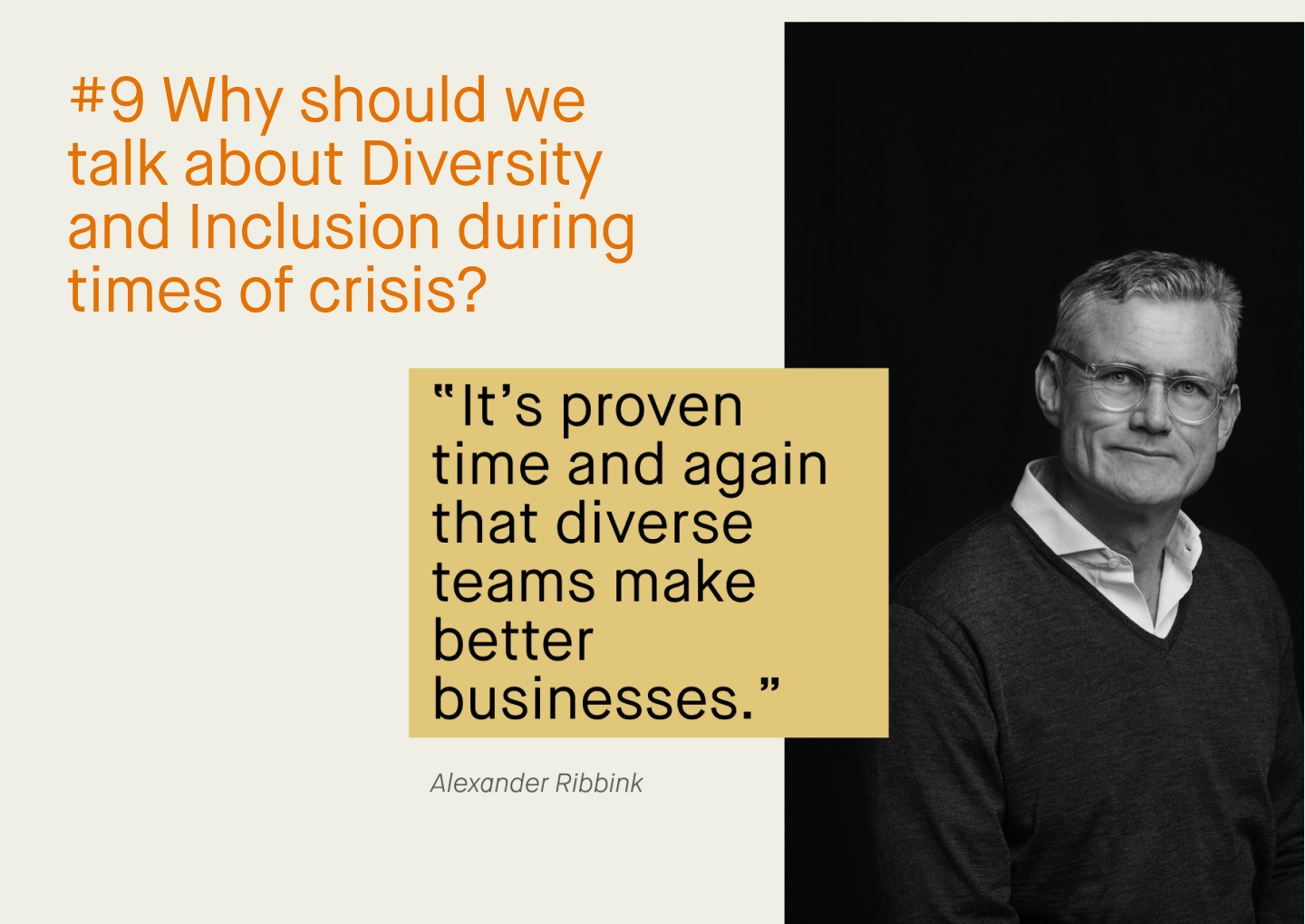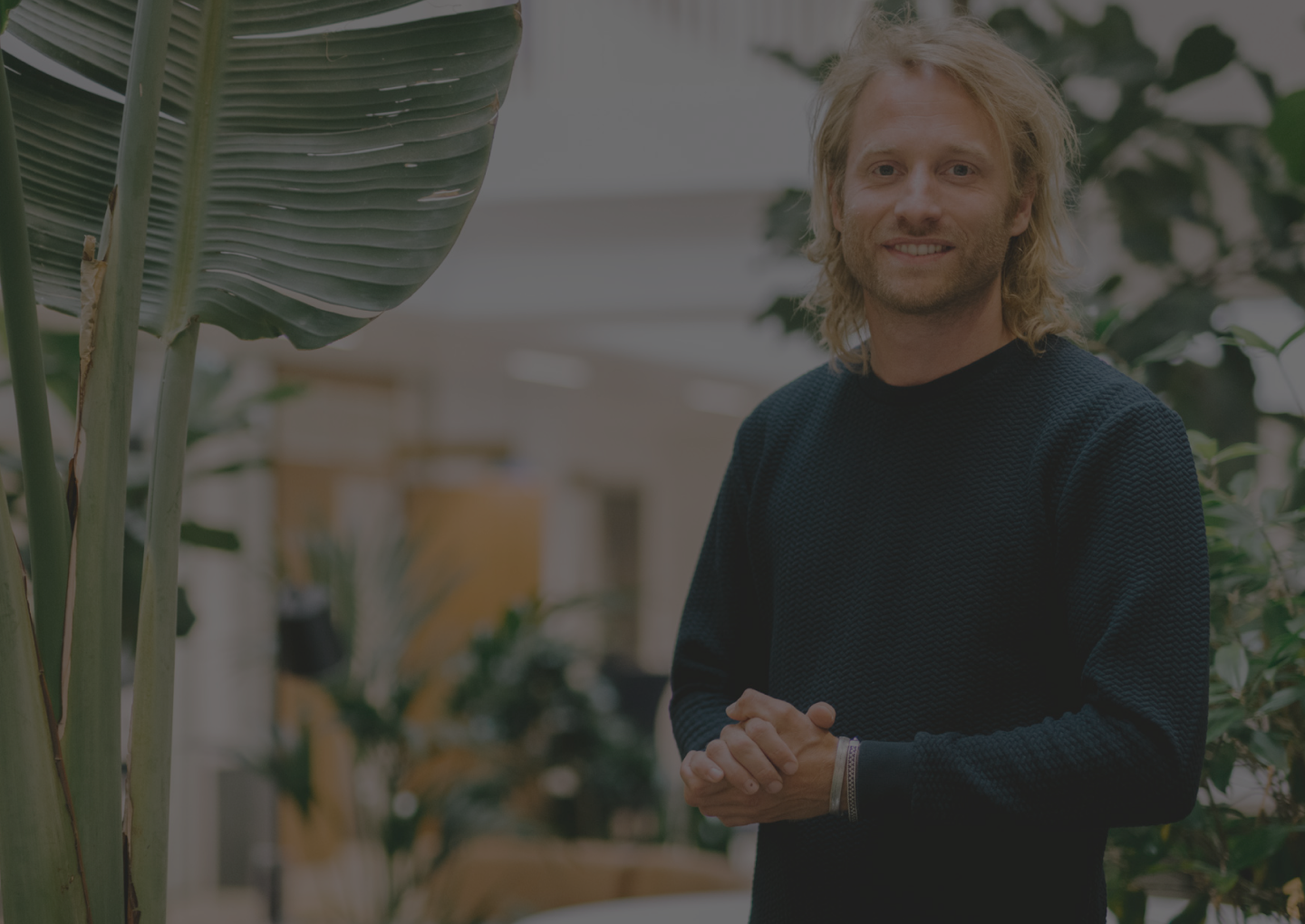Both schemes have slightly different criteria, Wouter says TOPPS will be implemented largely on a first-come-first-served basis, though exceptions can be made for certain cases.
“We work on the basis of first-come-first-served, with one exception; if investors come to us with financing applications and they can make a case on impact in terms of possible co2 reduction, possible increase of R&D expenditures, or possible creation of jobs, they will move to the front of the queue.”
“We look at the quality of management, the quality of the business plan, we only want to invest in what we consider to be healthy companies. We want our investment to be used as fresh money, we don’t supply the money to be paid to other investors - we supply the money to enable the entrepreneur to continue developing their business. It’s the usual conditions you apply when you appraise a financing request, it’s just done a lot quicker.”
Wouter also explained that businesses who may not be desperate for the money right now would still be considered. However, he also highlighted that Invest-NL is still operating as normal, so you could seek investment through normal procedures.
The COL scheme, on the other hand, doesn’t operate on a first-come basis, rather Regional Development Agencies (ROMs) will be tasked with selecting the start-and-scaleups they feel are in the most urgent need of funding.
“The reason why we give this €100,000,000 to the ROMs, is because they know the ecosystem in their part of the country, they know the promising startups and they will try to find the right startups to make sure the money is served best,” Mona explains.
It’s worth noting that businesses already on the NOW scheme, can still apply for the newly-announced COL scheme, as the two don’t exclude each other.
While there is no denying that these are incredibly uncertain times for businesses, we’ve heard throughout this series, that opportunities do arise even in the toughest circumstances. Strong ideas can still receive the financial backing they need to flourish and it’s never been more clear that start-and-scaleups are vital to the future of the Dutch economy.





